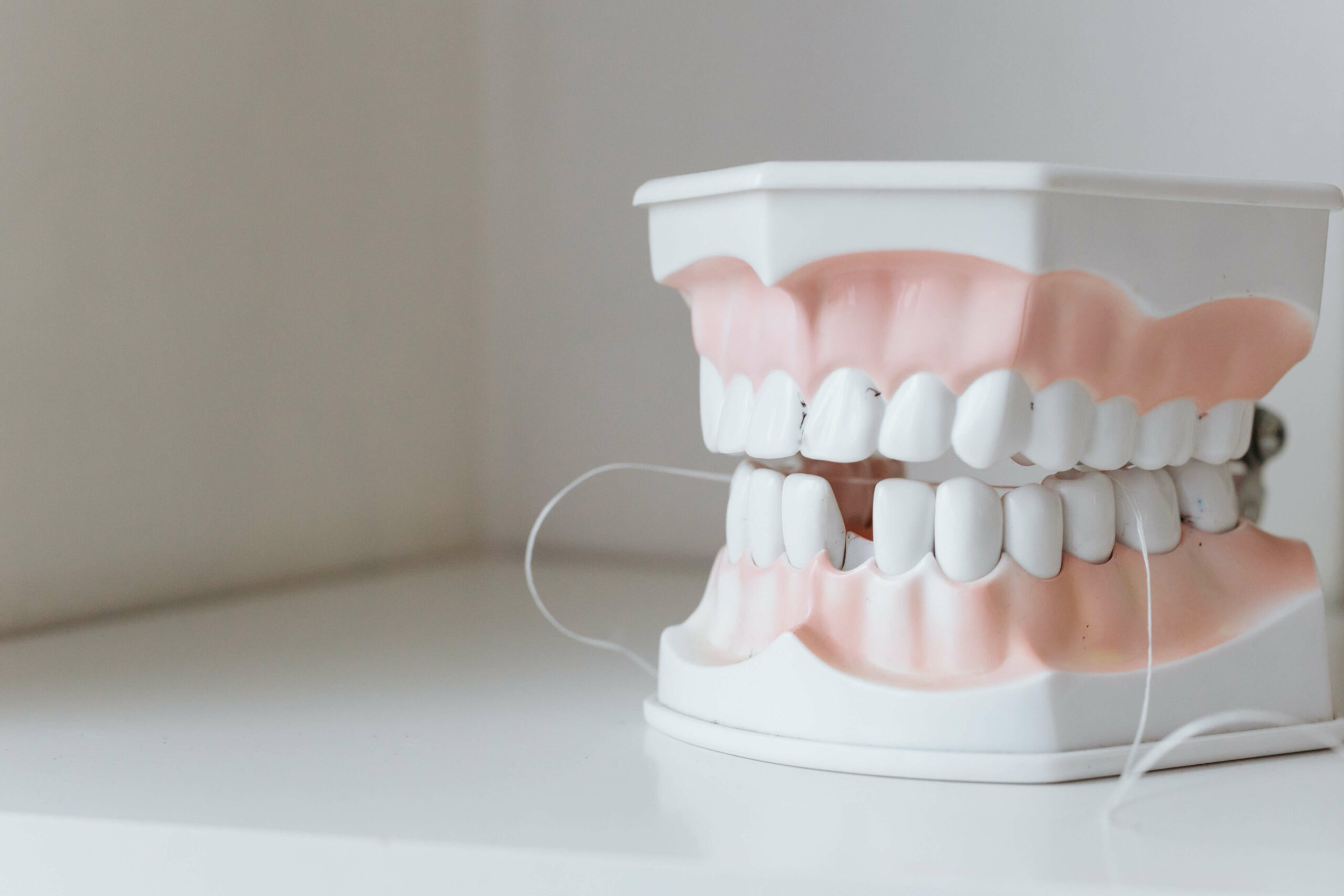If you’ve lost your natural teeth, your prosthodontist would have had dentures made for you. Dentures, also known as false teeth, are prosthetic replacements for teeth and are often removable. They are designed specially to fit the shape of your gums.
It’s important to ensure that your dentures are well maintained for them to last longer. Maintaining proper oral hygiene and ensuring your dentures are kept clean prevents the growth of bacteria and the development of oral infection.
The Different Types Of Dentures
Dentures can be made from various materials, such as acrylic, nylon, porcelain, resin, or metal. Acrylic resin is generally preferred for denture teeth, but sometimes porcelain is also used. The type of denture you get depends on the professional opinion of your prosthodontist and your individual needs, preferences and budget.
Partial dentures
These dentures replace multiple missing teeth, but not an entire set of upper or lower teeth. Partial dentures are usually removable and can prevent teeth from shifting in place in your mouth over time. Partial dentures have a maximum lifespan of up to 15 years.
Full dentures
Full, or complete dentures are used when all of the natural teeth are missing. They take up the whole mouth and replace both the upper and lower sets of teeth. Full dentures can last anywhere between 5 to 10 years.
Immediate dentures
Full or partial dentures that are placed immediately after natural teeth are extracted are known as immediate dentures. This occurs on the same day of dental surgery and these dentures help control bleeding and support gum tissues. They are used for about 2 to 3 months until your permanent dentures are ready.
Implant-supported dentures
These types of dentures are held in place or ‘snap on’ to dental implants that are surgically placed in the jaw. While traditional dentures rest on the gums, implant-supported dentures attach directly to the bones of the jaw, by means of implants. They can last quite long - 10 to 20 years or longer.
Flexible dentures
A soft, clear base is characteristic of a flexible denture. It allows your gums to be visible. Flexible dentures are made from thermoplastic material and are quite comfortable. The softer material allows for flexibility and durability. They usually last between 5 to 8 years.
For How Long Can You Wear Your Dentures?
Dentures can be worn for different lengths of time depending on each individual case. Generally, it is recommended to wear dentures for at least 8 hours a day, removing them for brushing, flossing and sleeping. Dentures should also be removed at night to give the gums a chance to relax and prevent possible infections.
Dentures are not meant to last a lifetime. If they don’t feel like they fit right anymore or they become discoloured and worn out, you will need a replacement. Regular visits to a dental professional can help ensure that your dentures fit well.
How To Handle And Store Dentures
Proper handling and storage of dentures are important for maintaining their longevity and functionality. Here are some tips:
- Handle with care: When handling your dentures, try to do it with a soft towel, over a container filled with water to avoid any damage if they accidentally fall. Do not bend the mould or clasps when cleaning
- Soak overnight: Dentures should be soaked overnight in a denture cleaning solution, as directed by your prosthodontist, or in water to keep them moist and prevent them from drying out. This will ensure they are kept flexible and comfortable to wear. However, be sure to rinse your dentures after they have soaked in cleaning solution before placing them back in your mouth.
- Clean daily: Dentures should be cleaned daily and preferably rinsed after every meal - to remove any food particles, stains or bacteria. Use a soft-bristled toothbrush and a mild denture cleaner to avoid any damage to the denture material.
What To Avoid With Dentures
The use of certain products to clean or whiten your dentures may actually damage them. In addition, using ill-fitted dentures can put you at risk of developing oral sores, ulcers and infections. Therefore it’s important to consult with your dentist or prosthodontist on the best ways to care for your dentures.
Avoid stiff brushes, harsh cleansers and toothpaste with corrosive ingredients that could damage your dentures. Whitening toothpaste often contains peroxide or bleach, which can change the colour of dentures and potentially weaken them. Soaking dentures with metal in chlorine-containing solutions can erode them. Soaking dentures in boiling water can warp the shape of your dentures, making them uncomfortable to wear. When cleaning, using lukewarm water is best.
Properly caring for your dentures could help them last for a long time. Schedule regular appointments with your dentist or prosthodontist so that any potential oral health issues can be identified, prevented and treated early.


 71–75 Shelton Street, Covent Garden, London, WC2H 9JQ
71–75 Shelton Street, Covent Garden, London, WC2H 9JQ +44 (0) 20 3376 1032
+44 (0) 20 3376 1032



